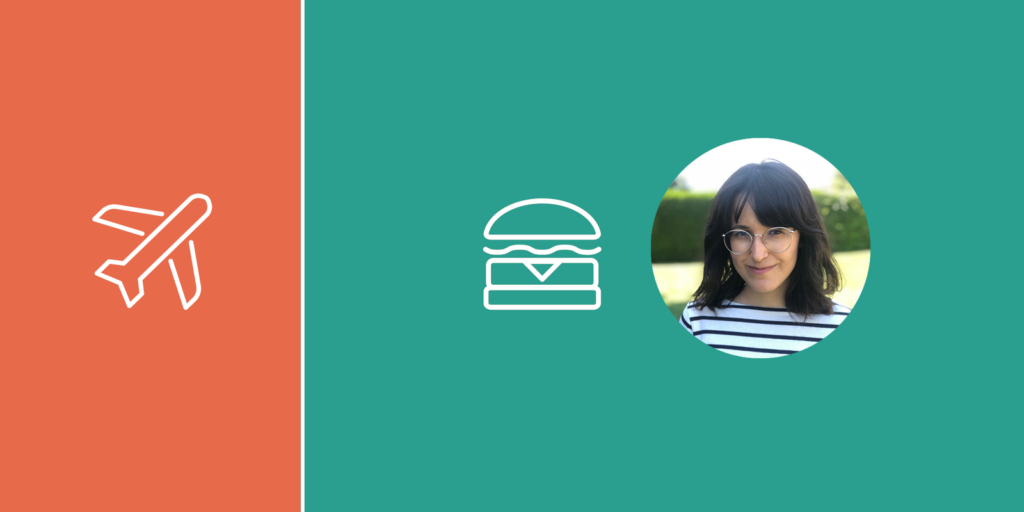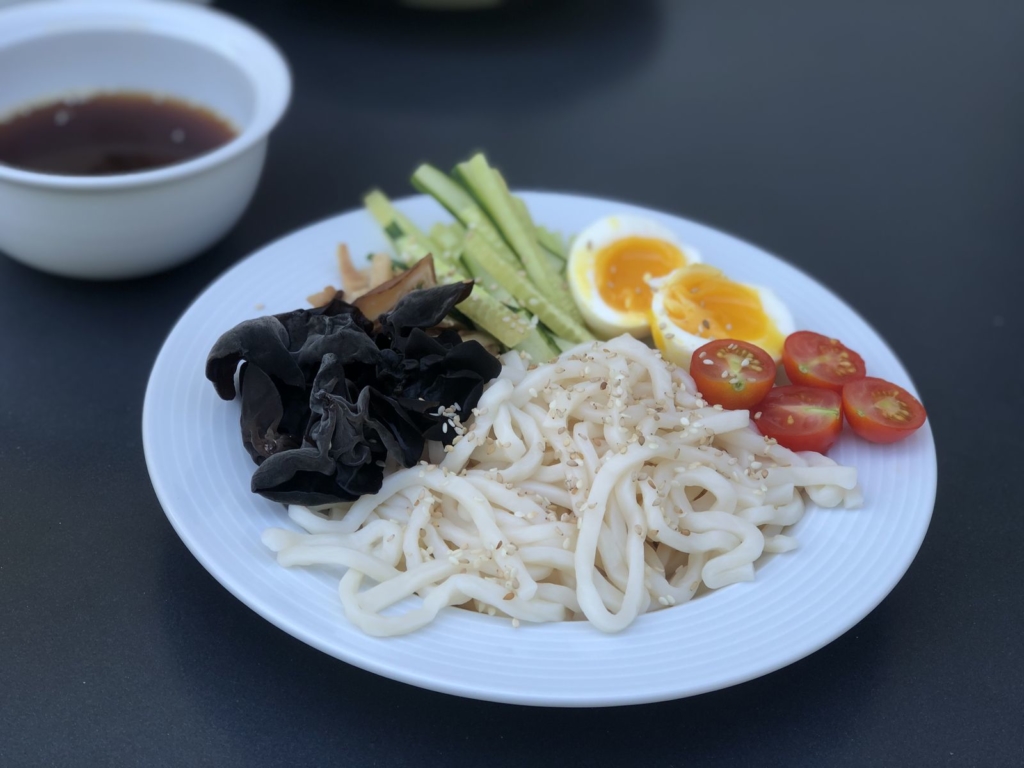Radish to romanesco: A year in vegetables
February 20th, 2025
4 min
This article is brought to you by Datawrapper, a data visualization tool for creating charts, maps, and tables. Learn more.

Hi there! I’m Edurne (Eddie) and you can find me on the other side of support@datawrapper.de. Last week, my colleague Aya, also working in support, made me face a reality I was avoiding: I travel too much. This week I’ll take revenge and convince her (and maybe some of you) on why you should become more plant-based. Here is the second part of our Data Debate:
Last December, while I was preparing my New Year resolutions, I included two related to my environmental footprint: I pledged to go vegan on Mondays and to ditch fast fashion. While I’ve succeeded on those two, there’s something I always keep postponing: traveling less. Even if I try to live environmentally friendly with a vegetarian diet, I still fly from time to time for personal and professional reasons.
As Aya pointed out in her Weekly Chart, my travel emissions aren’t that great: they amount to 7 years’ worth of CO2 emitted from Aya’s meat and dairy consumption. While these numbers are quite shocking, they’ve been an issue only for the last two years when I was living abroad and visiting my family back home. The good news is that my working situation looks quite different now. And COVID-19 has made sure I don’t take long flights anymore. So today I’ve decided to try and convince Aya on changing her diet (at least a little!).


Left: Japanese curry is one of my favorite dishes ever. Best enjoyed in autumn and winter. You can prepare it with any veggies that you have at hand.
Right: Being vegetarian has allowed me to discover new cuisines. In the picture here, my first time trying Bhutanese food. Delicious !
Policy change could make a significant impact in motivating us to eat fewer animal products. But as long as policymakers don’t make a bigger effort, we need to motivate ourselves. So what can Aya (and we all) do?
I understand that eliminating meat and dairy out of your diet can be quite tricky. However, even avoiding certain kinds of animal products already makes a bit difference. Eating chicken is environmentally friendlier than eating beef. Fish is better than shrimps and lobsters. Eggs are better than cheese. My Weekly Chart hopefully helps you (and Aya) to see at a glance how your food choices might be harming the environment and how making individual food choices can have a real impact:
As a data source for this chart, I used one of the most recent and comprehensive studies about food’s environmental impacts. Note that I used the mean values for all these products. But there is also a considerable variability between different ways of producing the same food: “choosing meat and dairy products from organic, pasture-raised, grass-fed animals” go a long way towards helping the environment, according to Scientific American, so why not check the labels thoroughly to know what you’re buying for?
But if you clicked on this article, as Aya did, you might also consider reducing your meat consumption. So why not try a vegetarian recipe this week? Or even better, why not pledge on being vegan on Mondays? This means you wouldn’t eat meat 52 days a year! Maybe after that, you could extend your pledge and be more and more plant-based over time.
But let’s take a step back. Why should Aya (and we all) become vegetarian in the first place? Because of the climate. According to the same study, if we’d all stop eating animal products today, it could have huge environmental benefits. It could lead to, among others:
The analysis, carried out by scientists at the University of Oxford (UK), takes 2010 as a reference year and calculates the impact that producing new vegetable proteins would have compared to animal products.
There are, of course, other ethical and health-related reasons to become vegan or vegetarian. While I feel they are too personal to include them in this article, I encourage you to research those and see if they resonate with you. Also, feel free to drop me an email at edurne@datawrapper.de if you’d like to discuss some of these reasons.
In the meantime, you might want to check some of these resources that could (potentially) help you on your way to eating more plant-based:

In case you’re wondering: I opted for a table instead of our split bars chart type because I wanted to have the possibility to use some Markdown to style the text – and just to try out if it’s possible.
That’s all from our first Data Debate ever! We’d love to explore this format further, so if you have any ideas on other topics that you would like to read in the future, let us know in the comments. Let me know as well if I convinced you to eat less meat. Next week, my colleague Elana, also from our support team, will be in charge of the Weekly Chart. I’m excited to see what she makes – see you next week!
Comments